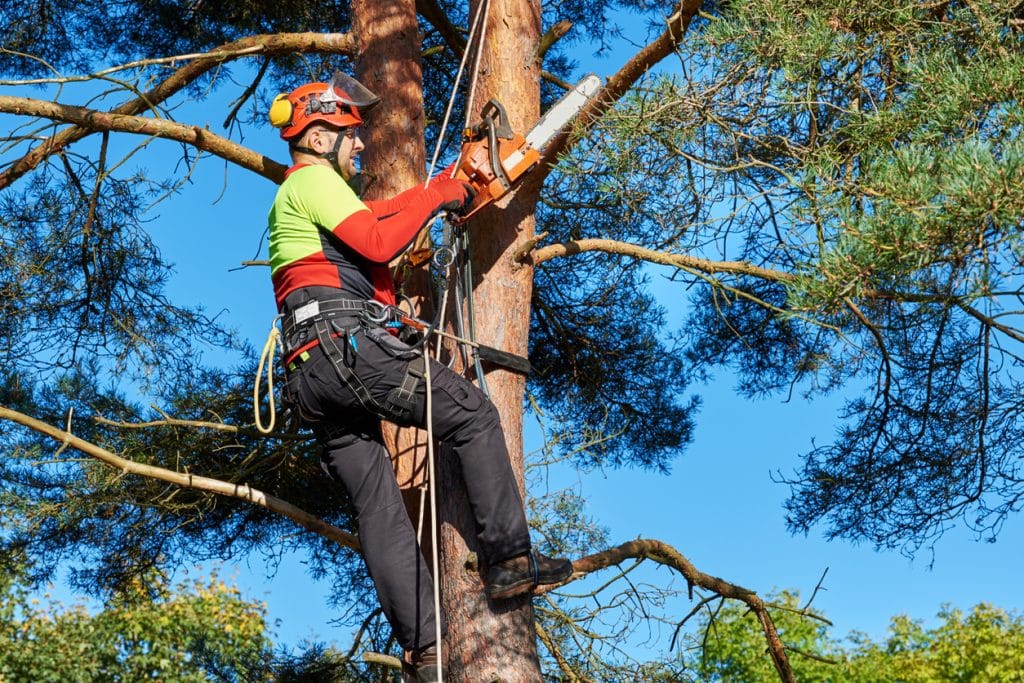Winter can be a difficult season for homeowners, especially when it comes to protecting your trees from wildlife. As temperatures drop and food sources become scarce, animals of all shapes and sizes will seek out your trees as sources of sustenance. Fortunately, with proper preparation, you can prevent damage to your trees and keep nature’s critters safe and happy. Below are some precautions you can take to keep your trees healthy and strong all season long.
1. Pruning and Trimming
When it comes to protecting trees from damage, pruning and trimming are your best bets for minimizing damage. While wildlife damage can happen to any tree, it’s most common with trees that are close to the house, fruiting, or low-growing. By removing the low-hanging branches and thinning out other branches, you can protect the tree while promoting healthy growth. Trimming trees and bushes close to your house can reduce the amount of debris and other items that get stuck in your gutters, too. This can help you avoid costly repair bills and keep your home looking nice. Trimming and pruning also help minimize the damage caused by storms and wind.
2. Using Homemade Repellents
There are a handful of homemade repellents that can be helpful in keeping the wildlife away from your trees. You can make a citrus spray by combining half a cup of fresh orange peels with a gallon of water in a blender. Let it sit overnight, and strain the liquid the next day. Consider adding a few drops of orange essential oil to the mix to make it more effective. You can also make a homemade squirrel repellent by combining a few cups of water with a tablespoon of cayenne pepper. Put the mixture into a spray bottle and spray it on the branches of your trees. Squirrels will be deterred from climbing on your trees after the sun goes down.
3. Keeping Your Yard Clean
Cleanliness can go a long way in keeping your trees safe from wildlife damage. Be sure to rake leaves and other debris away from your trees as often as possible throughout the fall and winter. Not only will this reduce the number of insects that can damage your trees, but it will also keep animals from finding shelter in your yard. Cleanliness can also help cut down on the amount of odor that comes from your trees. Certain trees, such as those that produce apples, pears, and peaches, emit odors that can attract wildlife. By keeping your yard clean, you can prevent these odors, protecting your trees from hungry wildlife looking for food.
If you’re looking to prune or trim your trees, it’s best to leave the job to experts. They understand how to properly use the necessary equipment, minimizing damage to your trees. Besides, doing this on your own endangers you and others. Contact Turbo Tree Care for high-quality, affordable trimming & pruning services in Sterling Heights, MI and the surrounding communities.



